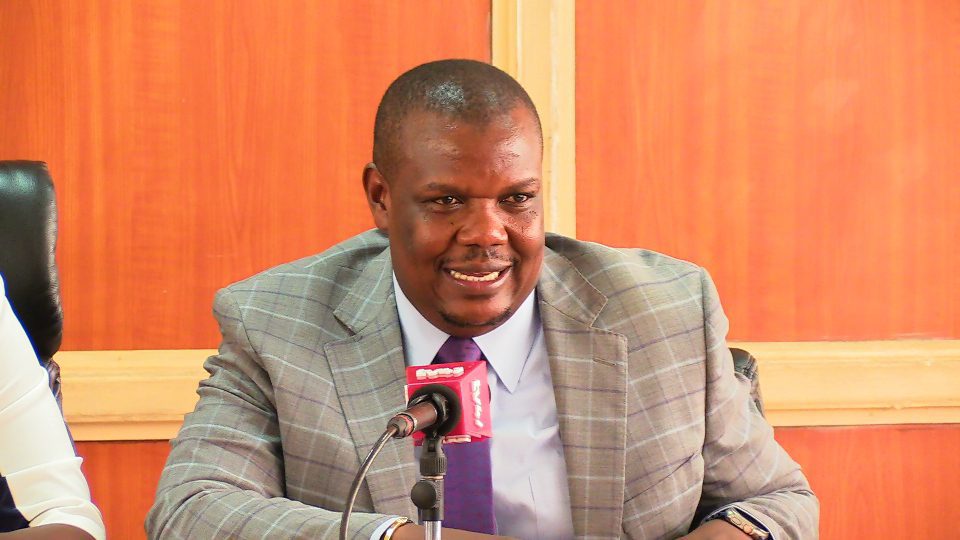Members of Parliament are tightening oversight over Kenya’s public universities and colleges, demanding strict compliance with financial reporting laws, ethical governance, and diversity regulations following years of audit failures and mismanagement.
The Public Investments Committee on Education and Governance, chaired by Bumula MP Jack Wamboka, has taken a firm position on what it terms “widespread negligence” by vice chancellors, principals, and governing boards in meeting audit deadlines and adhering to public finance laws.
“This practice is not just unacceptable — it’s illegal,” said Wamboka. “We are determined to enforce compliance with financial procedures. Vice Chancellors and Principals will be held personally responsible for any breaches under their leadership.”
Missed Audit Deadlines and Incomplete Projects
During a recent session with heads of various institutions, MPs flagged the recurrent failure to submit timely and accurate audit reports, a trend that has enabled problematic financial practices to continue unaddressed across fiscal years.
The Committee also issued a warning against launching new construction projects while others remain stalled or incomplete, a pattern that has wasted public resources without delivering results.
At Chuka University, the Auditor-General’s report previously flagged the institution for mismanaging four simultaneous projects. However, following strict oversight, Chuka turned its performance around and earned a clean audit in the subsequent financial year. MPs praised Vice Chancellor Prof. Henry Mutembei for the marked improvement.
Other institutions fared worse.
Irregular Payments, Ethnic Bias at Kiirua TTI
At Kiirua Technical Training Institute in Meru County, the Committee uncovered irregular board allowances totaling Sh1.7 million, paid out without requisite approval from the Cabinet Secretary. Principal Dr. Mbae Jackson was directed to ensure full refund of the funds by both authorising officials and beneficiaries.
The same institution was also found in violation of the law on ethnic diversity, with 93% of staff from a single ethnic group—far above the legal limit. The Committee ordered corrective action within two years to align the workforce with national inclusion standards.
Financial Misconduct at Karatina University
Karatina University came under scrutiny for financial improprieties involving a former Vice Chancellor, who received transport allowances despite having an official vehicle. Current VC Prof. Linus Muthuri was ordered to recover the payments within six months.
More controversially, the same former VC was found to have processed a Sh12.49 million gratuity payment just two days before his term expired, bypassing formal clearance processes. MPs directed that the amount be recovered within one month, noting that gratuities must only be issued after legal clearance.
Data Breach and Ethnic Imbalance at Nachu TVC
At Nachu Technical and Vocational College in Kiambu County, MPs raised alarm over a failure to register with the Office of the Data Protection Commissioner, despite the institution handling personal student and staff records. The Committee deemed this a serious breach of privacy laws.
In addition, 58% of Nachu’s workforce hails from a single ethnic group, breaching the 25% diversity ceiling imposed on public service institutions. The college was also found to be missing land ownership documents and failed to account for land values in its asset register.
Committee Orders and Way Forward
MPs concluded the session with tough directives:
All heads of institutions must resolve pending audit issues within set timelines
Repeat summons and legal sanctions will be pursued for continued non-compliance
Institutions must comply with ethnic diversity, data protection, and project management laws
Wamboka said the Committee’s goal is to ensure public funds are used responsibly, promote equity and inclusivity, and uphold transparency in Kenya’s higher education system.
“Taxpayers must get value for their money. We cannot continue tolerating indiscipline and illegality in the management of our public institutions,” he said.

